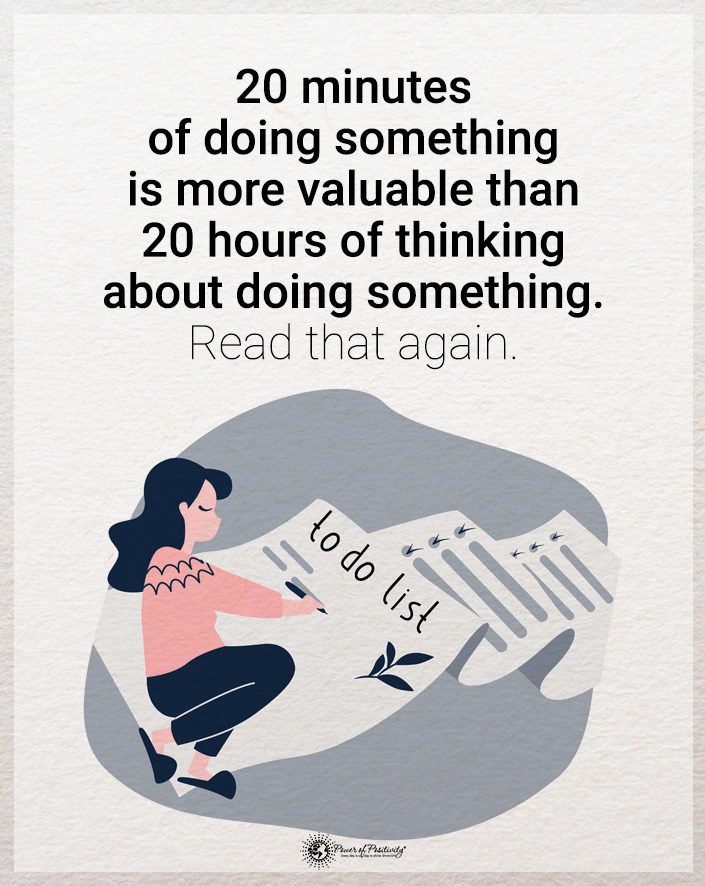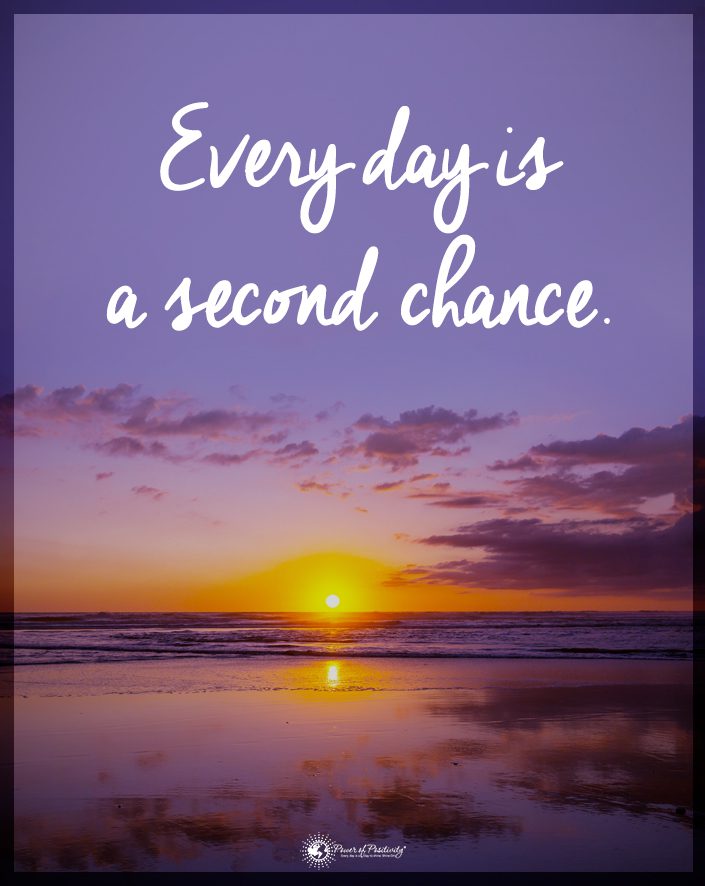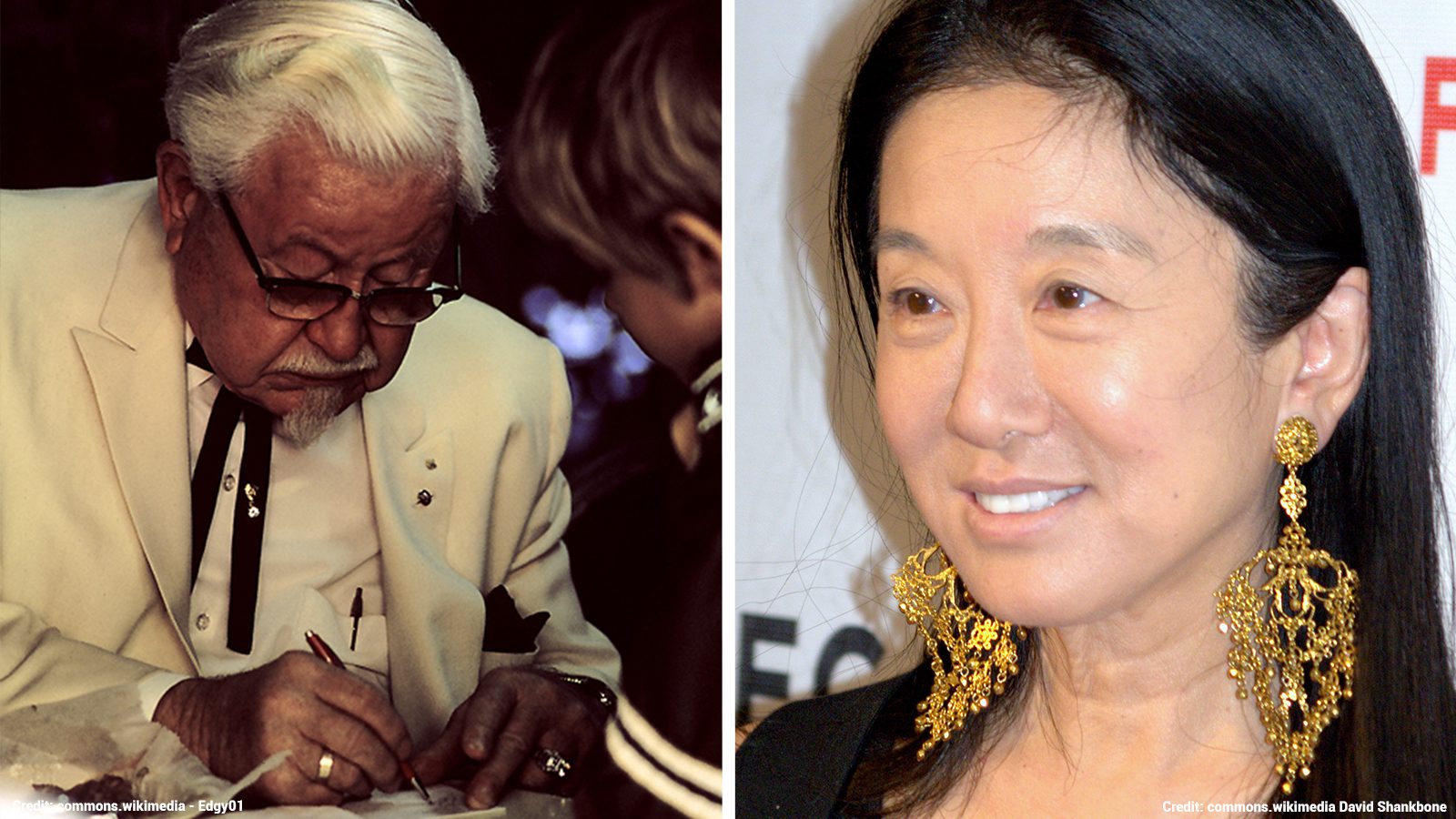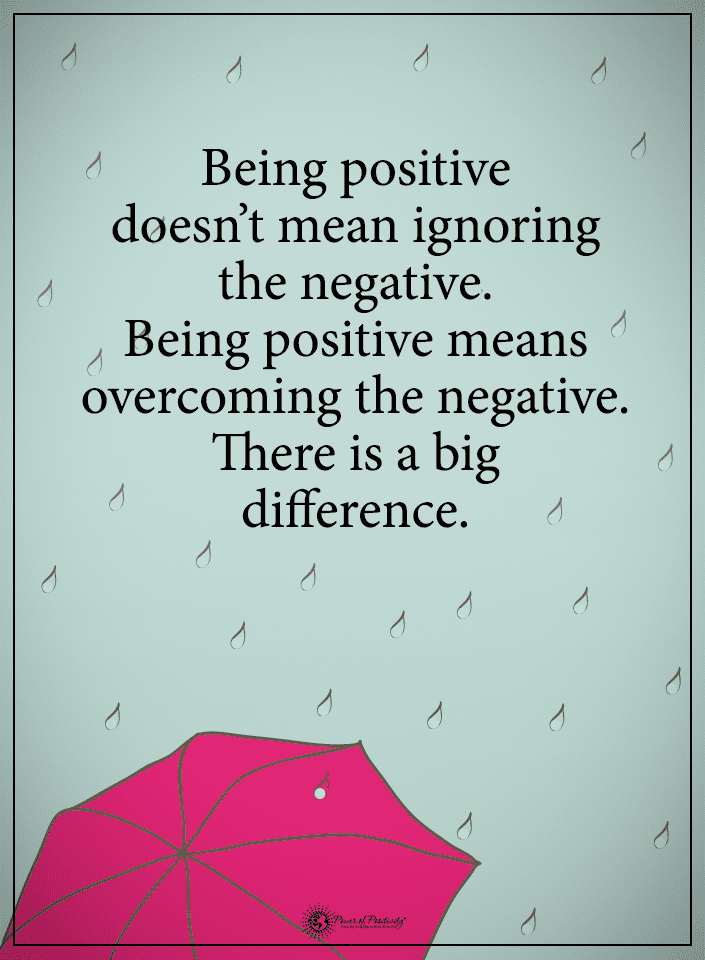When you think of successful entrepreneurs, you don’t always know their stories. Many of them learned from failure and persevered. Their stories not only remind you that failure isn’t the end, but it’s also a reminder that massive success is possible.
Coming back from failure is more than possible, and you can find more success than you ever expected. Everyone has stories of setbacks because these experiences are necessary for life lessons. You can find inspiration in the growth and success of people who struggled to reach the top.
Their setbacks can also teach valuable lessons you would have had to learn the hard way. You won’t always get things right the first time, but you can learn from failure and people who have experienced it.
Twenty Entrepreneurs Who Learned from Failure and Bounced Back
Most startup companies don’t last, but the entrepreneurs who persevere go on to have successful businesses. You may be surprised by some of the successful people on the list, but it only shows that everyone experiences setbacks. Persistence is essential, as these entrepreneurs prove.

1 – Reid Hoffman
Hoffman co-founded LinkedIn, but he didn’t get there until he learned from setbacks. He once created an online dating and social networking site called SocialNet. This platform eventually failed, but he learned from it and bounced back.
2 – Jonathan Franchell
Franchell, founder and principal at Ironpaper, struggled to create a training program for his employees the first time around. He didn’t account for different learning styles, leading to a lack of retention or comprehension. Franchell also didn’t account for the lack of using the material in the daily work environment. Despite the early failure, the young entrepreneur kept a positive attitude and eventually thrived.
3 – Vera Wang
Many people know Wang as a fashion designer specializing in wedding gowns. However, she once aspired to have a figure skating career. She competed in figure skating competitions and dreamed of competing in the Olympic games but didn’t make the team.
Wang went on to work for Vogue, becoming a senior fashion editor. However, she experienced another setback when she applied for the editor-in-chief position at Vogue but didn’t get the job.
It wasn’t until she became frustrated by her bridal gown selection during her engagement that she decided to design her own. After that, she opened a bridal boutique and became an iconic fashion designer worldwide.
4 – Nicholas Woodman
The founder of GoPro, Goodman, didn’t find immediate success in his attempts as an entrepreneur. Before his GoPro success, he had two startup failures, including a marking and gaming platform.
5 – Meridith Valiando Rojas
As the CEO and founder of DigiTour Media, Rojas learned the importance of social media the hard way. One of her clients got dropped from a record label, showing her how important it is to market her artists. Without that setback, she wouldn’t have developed the skills it took to co-found DigiTour. Since then, she’s accomplished many other great things, including working her way up at Logitech.
6 – Akio Morita
The founder of Sony, Morita, wasn’t always a successful or well-known entrepreneur. His first product was a rice cooker than burnt the rice and never made it to the market.
He started with a friend with little money between them, building a successful business. Sony produced home video recorders, cameras, and other products, offered at an affordable price.
7 – Colonel Harland Sanders
Col. Sanders was 65 years old and living on little money before deciding to franchise his fried chicken recipe. He started by offering the recipe to restaurants in his area but got rejected over 1,000 times.
These setbacks didn’t stop him, and he eventually had more than six hundred franchises. The unexpectedly quick expansion was overwhelming, and Sanders sold his business while continuing to travel and film to promote the company.
8 – Peter Thiel
Thiel, the co-founder of PayPal, wasn’t always successful. His first hedge fund cost the company billions of dollars in losses. However, he bounced back, co-founded PayPal, built investments, and co-founded other companies.
9 – Leo Widrich
Widrich moved from his home country of Austria to found a startup in San Francisco, not knowing what he was getting involved in. Rather than giving up when money became scarce, he persevered and believed in himself. He went on to co-found Buffer, a successful tech business.
10 – Arianna Huffington
The co-founder of the Huffington Post, Huffington, had her second book rejected by 36 publishers. However, she persevered and went on to find success.
11 – Kathryn Minshew
Minshew put her life savings into a company with a few other co-founders. A dispute between them led to Minchew losing website access and all of her savings, receiving nothing in return. When she thought there was nowhere left to turn, she started over. Minshew learned from what happened and co-founded The Muse with a former member of her team who also lost access.
12 – James Dyson
Dyson didn’t find immediate success with his bagless vacuum cleaner. He spent five years developing his first model, and manufacturers in the United States still rejected it. This rejection led to him selling the vacuum in other countries first, finding major success.
13 – Henry Blodget
Blodget launched Business Insider, but his life wasn’t always a success story. He once worked on Wall Street until a civil securities-fraud complaint cost him his job. This complaint regarded a conflict of interest between the banking and research divisions. Blodget’s failure led him to launch a business, becoming one of the most trusted entrepreneurs in the business world.
14 – Evan Williams
Williams is a co-founder of Blogger and Twitter. Before finding success, he had two projects that didn’t work out. One of those projects was a podcasting platform, and the other was a project management software company.
15 – Walt Disney
Disney was fired from a newspaper in his twenties and had a venture called Laugh-o-gram Studios that went bankrupt. Additionally, he lost money on several Disney movies, including Pinocchio, Fantasia, and Bambi. However, he kept pushing and following his dream, eventually winning 32 Academy Awards.
16 – Fred Smith
FedEx is well-known these days, but it wasn’t always that way. Smith wrote the original idea for a college paper and developed the idea into what it is today. He took the ideas from his report that weren’t well-thought-out and learned what he could do to make it work. It’s now a highly used service that led to his success.
17 – Milton Hershey
Hershey opened his first candy shop when he was only eighteen years old. After five years, he went out of business. This setback didn’t stop him, as he continued being an entrepreneur.
He then worked for a confectioner, learning to make caramel with fresh milk. After some time, he was ready to try again. However, once again, he experienced setbacks two more times.
He persevered and had faith in his abilities, founding the Lancaster Caramel Company and successfully bouncing back. Hershey became interested in making chocolate, eventually founding the Hershey Chocolate Company. He found out how to mass-produce chocolate, leading to success.
18 – David Barnett
Barnett, the inventor of PopSockets, created the product to wrap headphone cords around to prevent them from getting tangled. His original idea was to produce a phone case with the PopSockets already on them, but it didn’t work out. With cell phones changing so frequently, he needed a versatile product. He went back to design PopSockets with an adhesive back so they could be attached to any mobile device.
19 – Jon Beekman
The founder and CEO of Man Crates, Beekman, failed at his first venture. He didn’t ask his customers what they wanted before developing his product.
He worked with his team to develop what they thought the customers wanted and found out they missed the mark. It was too late to change the plan when they realized the mistake. However, he became the founder of a successful company, bouncing back from his mistake.
20 – Soichiro Honda
Honda wasn’t an instant success, as he failed at his first idea. He tried selling the automotive parts he created to Toyota, but it didn’t work out. Later, he invented a 2-stoke motor to attach to bicycles before going on to manufacturing cars.
Six Reasons to Become an Entrepreneur
If you’re unsure if you should become an entrepreneur, assess what you want. Being unhappy is an indication that you need something new. These are some of the reasons to consider becoming an entrepreneur:
- developing a work-life balance
- not receiving deserved recognition at a job
- being in control of your career
- working on your passions
- solving a problem that matters
- setting your schedule
Nine Tips for Being an Entrepreneur
- trust your instinct
- focus on your business to keep it growing
- build a high-quality team when it’s necessary
- tell your story
- ask for help from talented people
- pay attention to your customers and clients
- make decisions quickly by going with your gut
- use data whenever you can
- don’t give up even when setbacks occur

Final Thoughts on Entrepreneurs Who Learned from Failure and Bounced Back
You don’t have to stay at your job as an employee forever if you’re unhappy. Wanting more out of your life is what you need to consider your passions and decide where you want to be in the future. Don’t give up if your first entrepreneur experience doesn’t work out because there’s always another chance to try again.
As these entrepreneurs prove, finding your path to success sometimes might take a failure or two. Don’t give up on your dreams because you can try new methods until you receive the desired results.



















